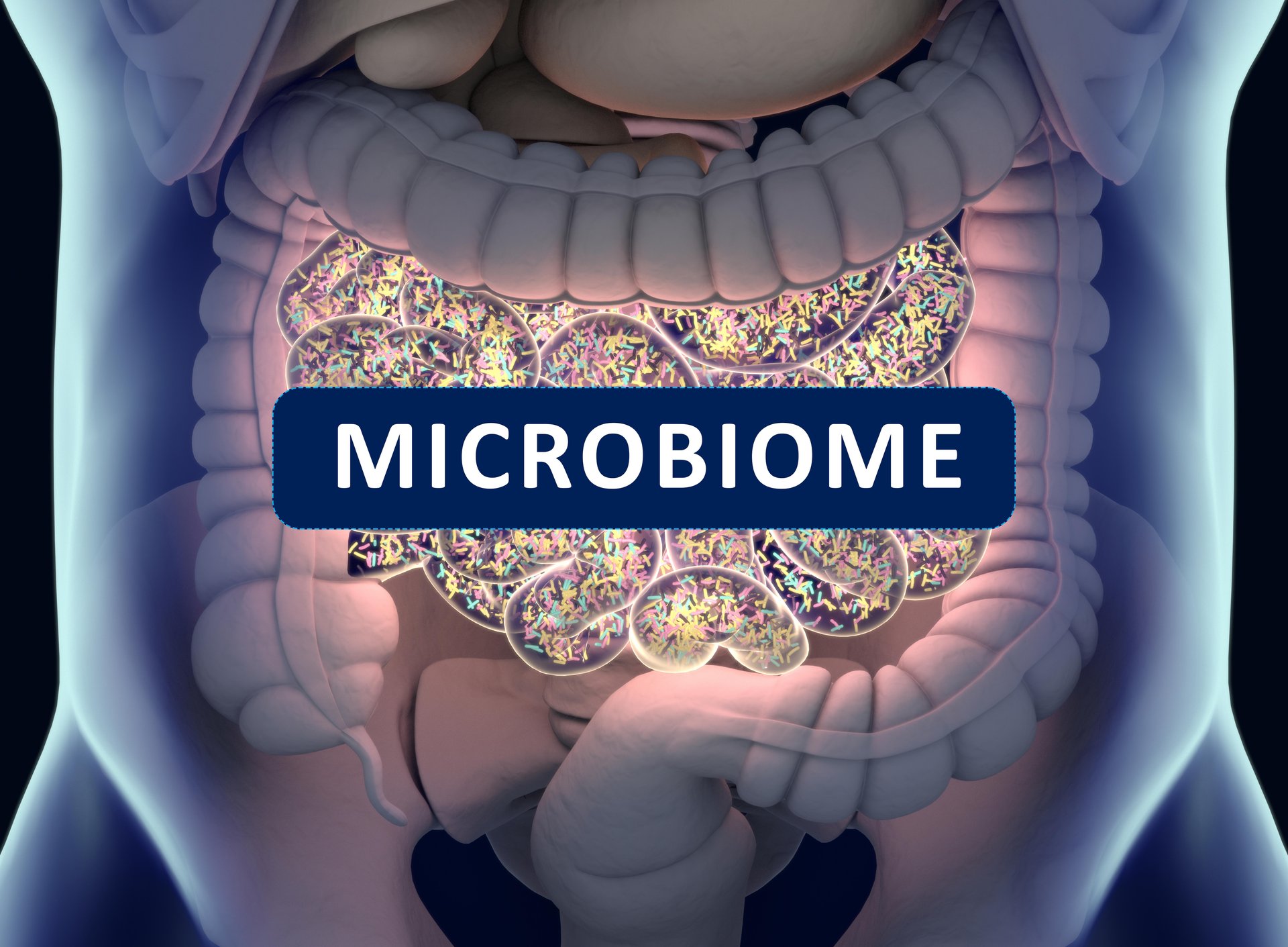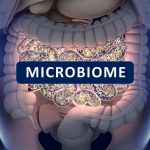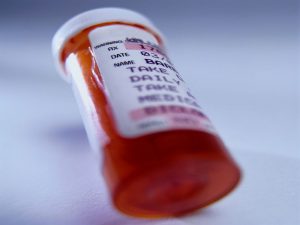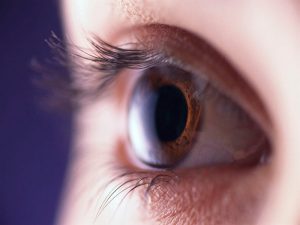
Parents too often wave the white flag when it comes to young picky eaters, a new survey finds. Three out of five parents say they’re willing to play personal chef and cobble up a separate meal for a child who balks at the family dinner, according to a national poll from the University of Michigan. This often leads to the kids munching something less healthy, said Dr. Susan Woolford, a pediatrician with the University of Michigan Health C.S. Mott Children’s Hospital. Parents should instead greet such obstinance with a shrug, Woolford said. “Rather than allowing the child to choose an alternate menu, parents should provide a balanced meal with at least one option that their child is typically willing to eat,” Woolford said in a hospital news release. “Then if their child chooses not to eat, parents should not worry as this will not cause healthy children any harm and they will be more likely to eat the options presented at the next meal,” Woolford added. Parents’ biggest mealtime challenge is getting a healthy diet into a picky eater, according to results from the University of Michigan Health C.S. Mott Children’s Hospital National Poll on Children’s Health. But the desire to make sure a preschool or elementary-aged child eats a balanced, nutritional diet often leads to strategies that backfire, poll results suggest. “The preschool and… read on > read on >








































